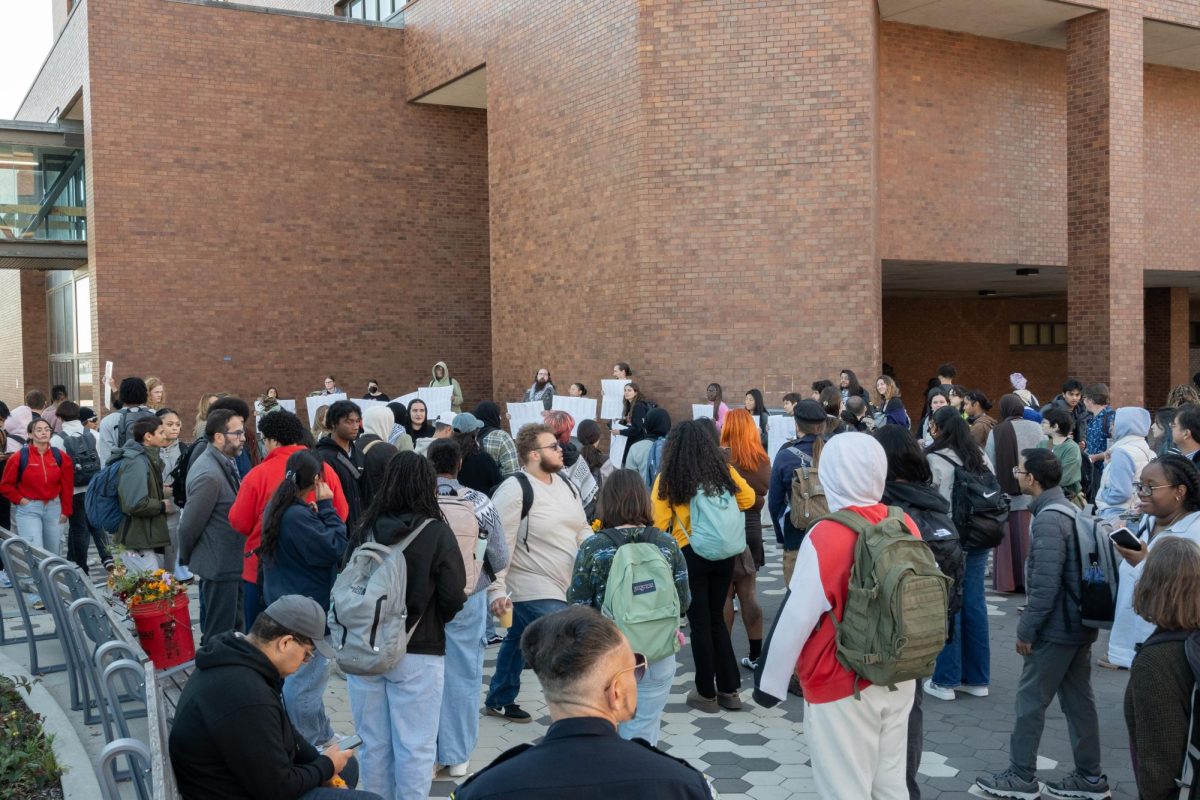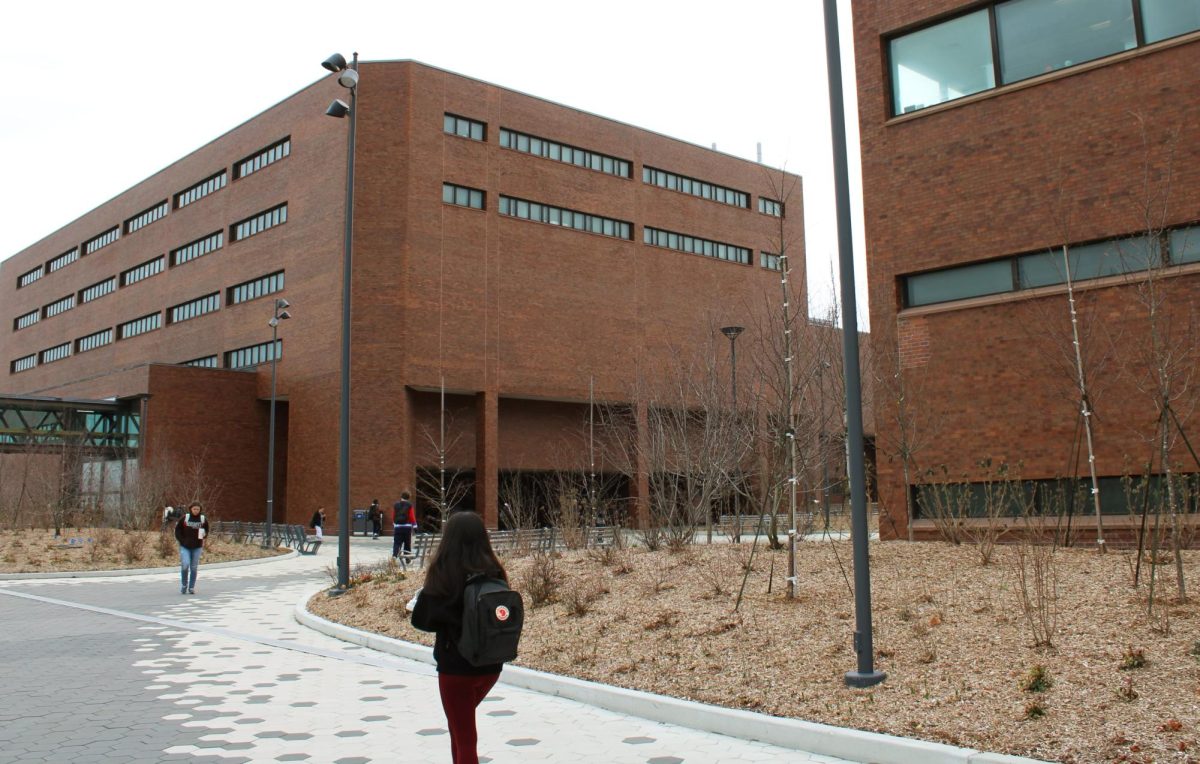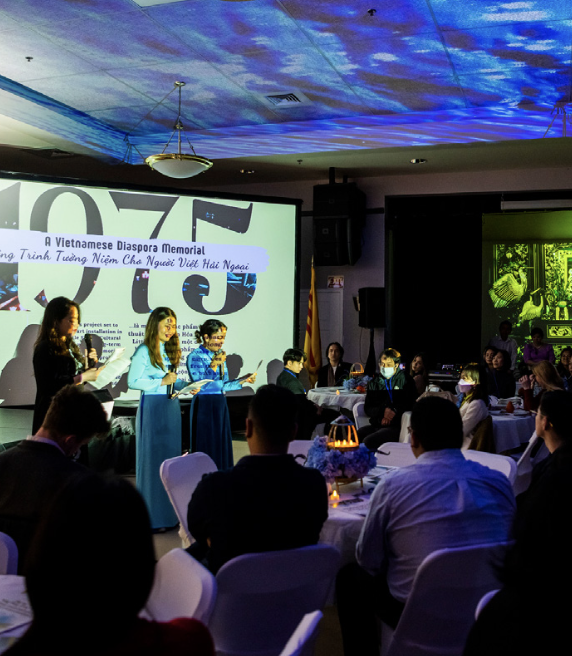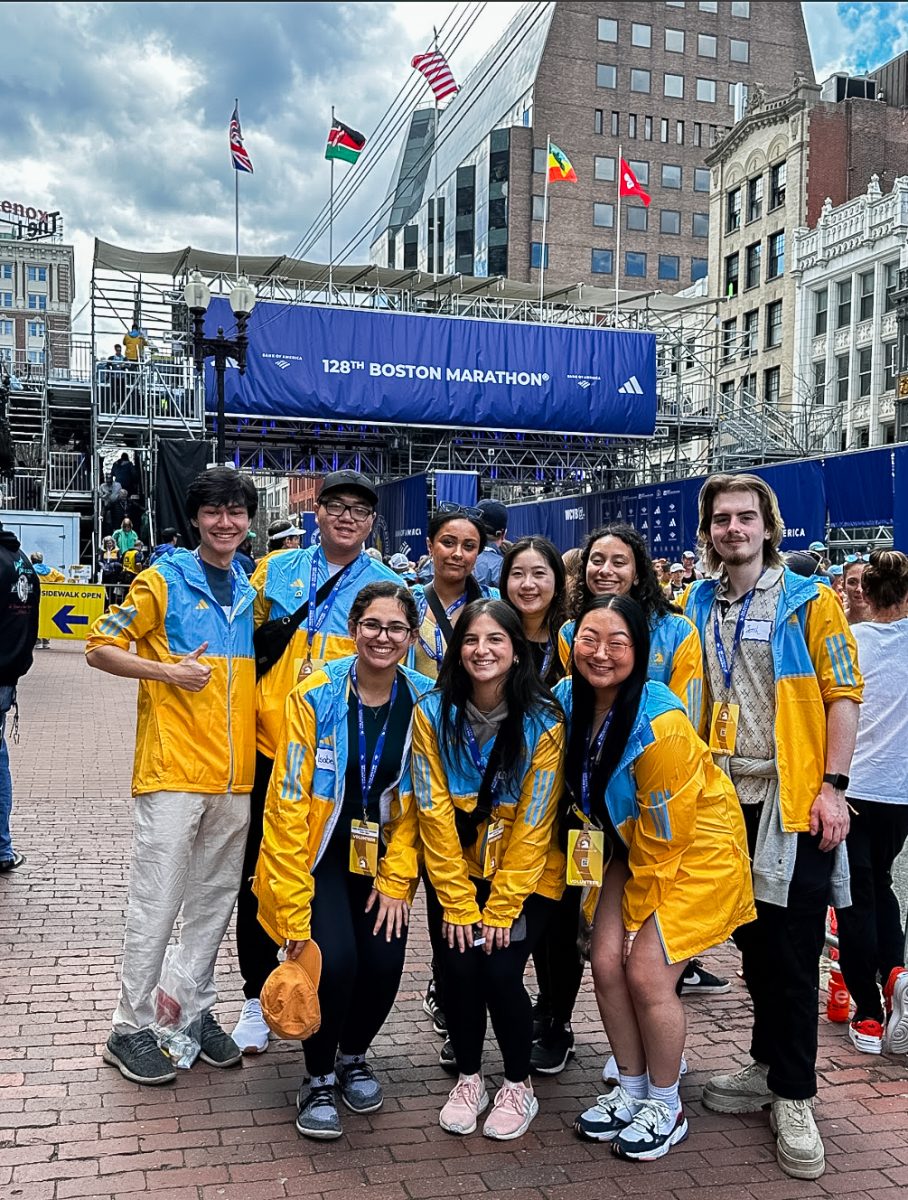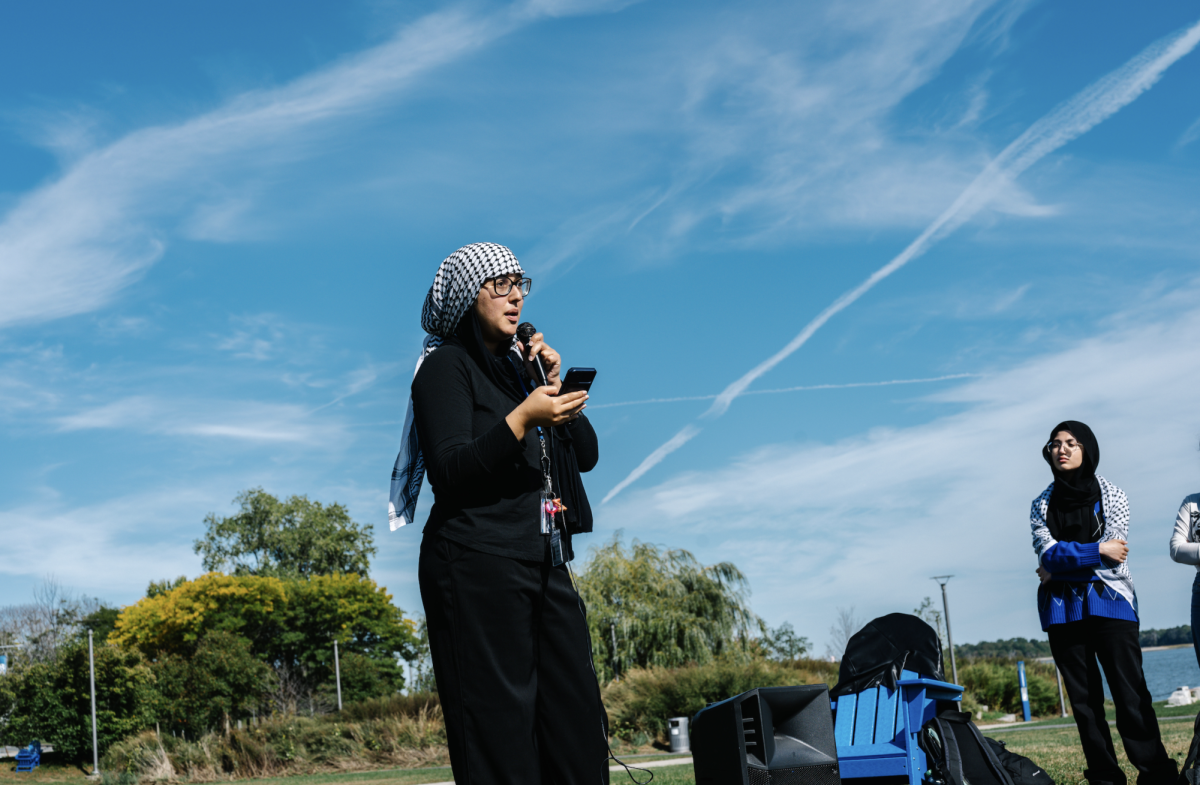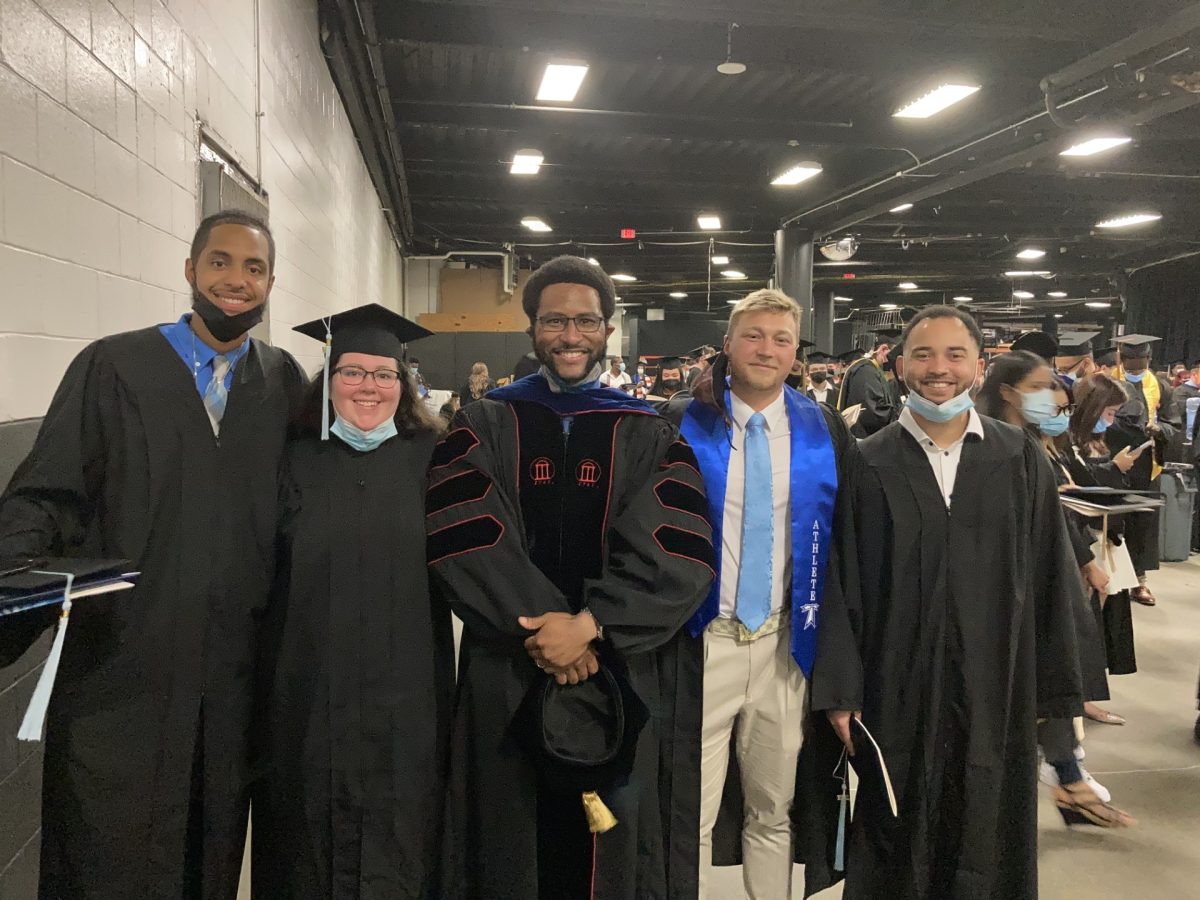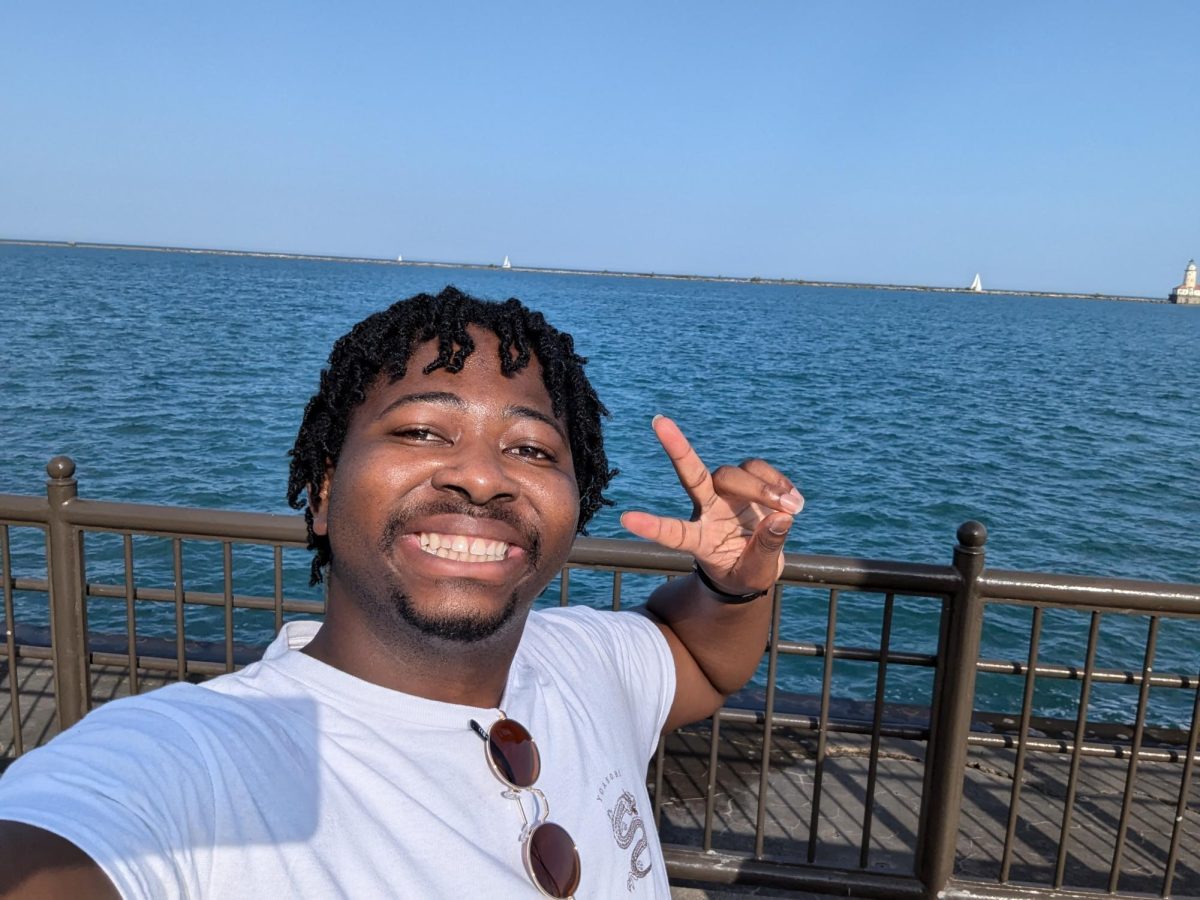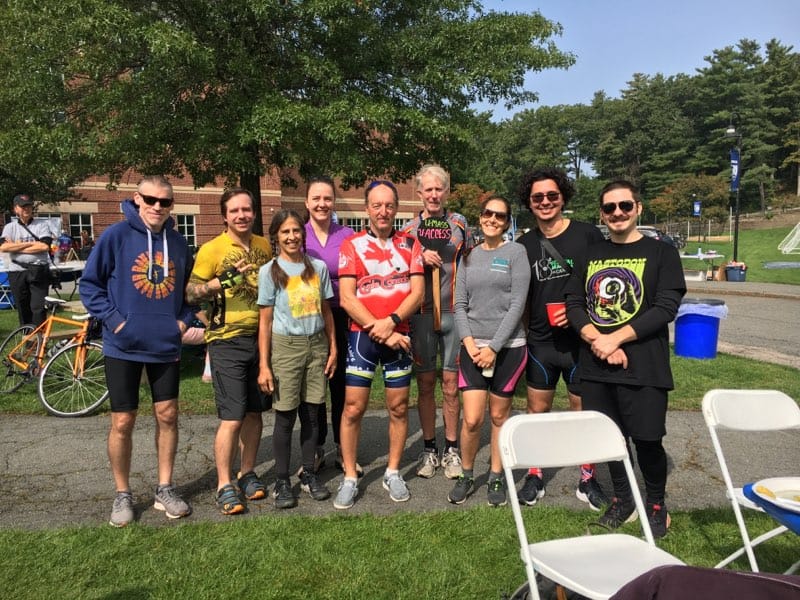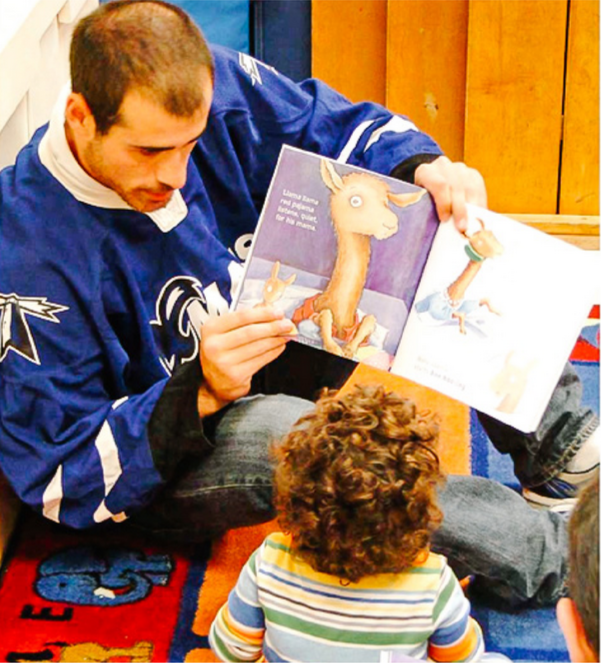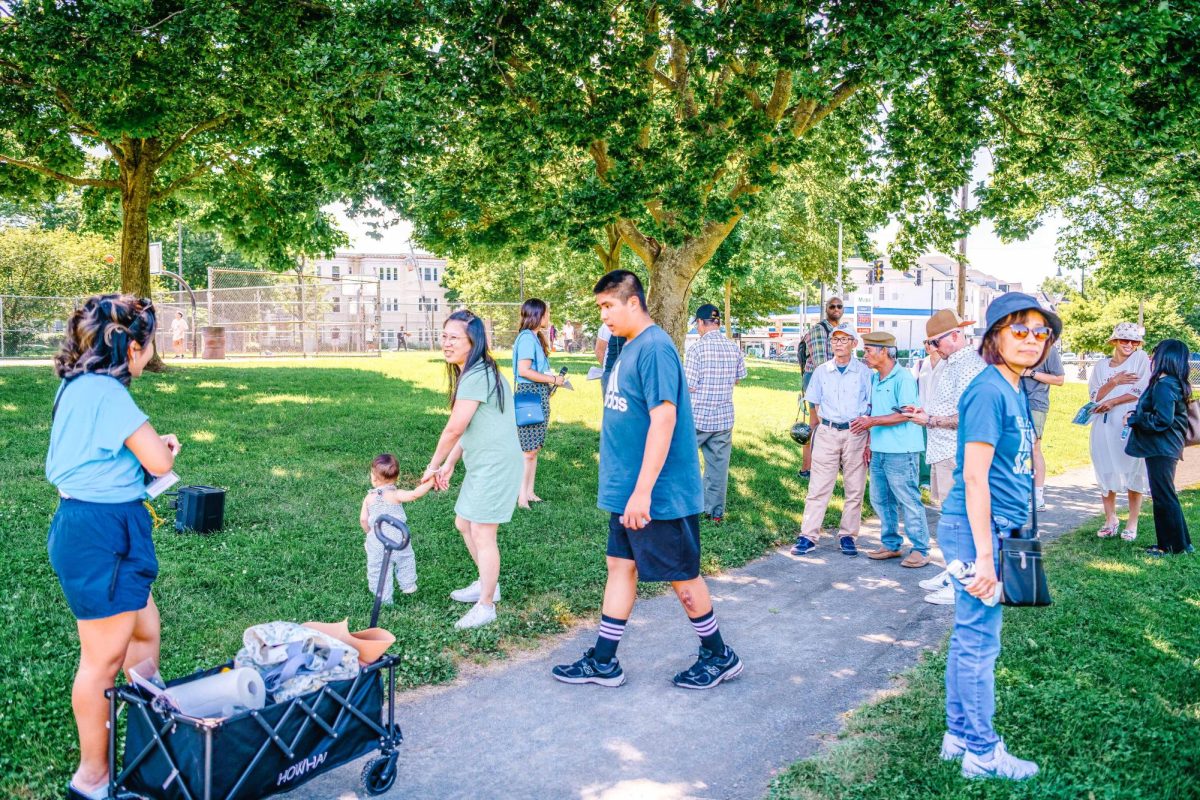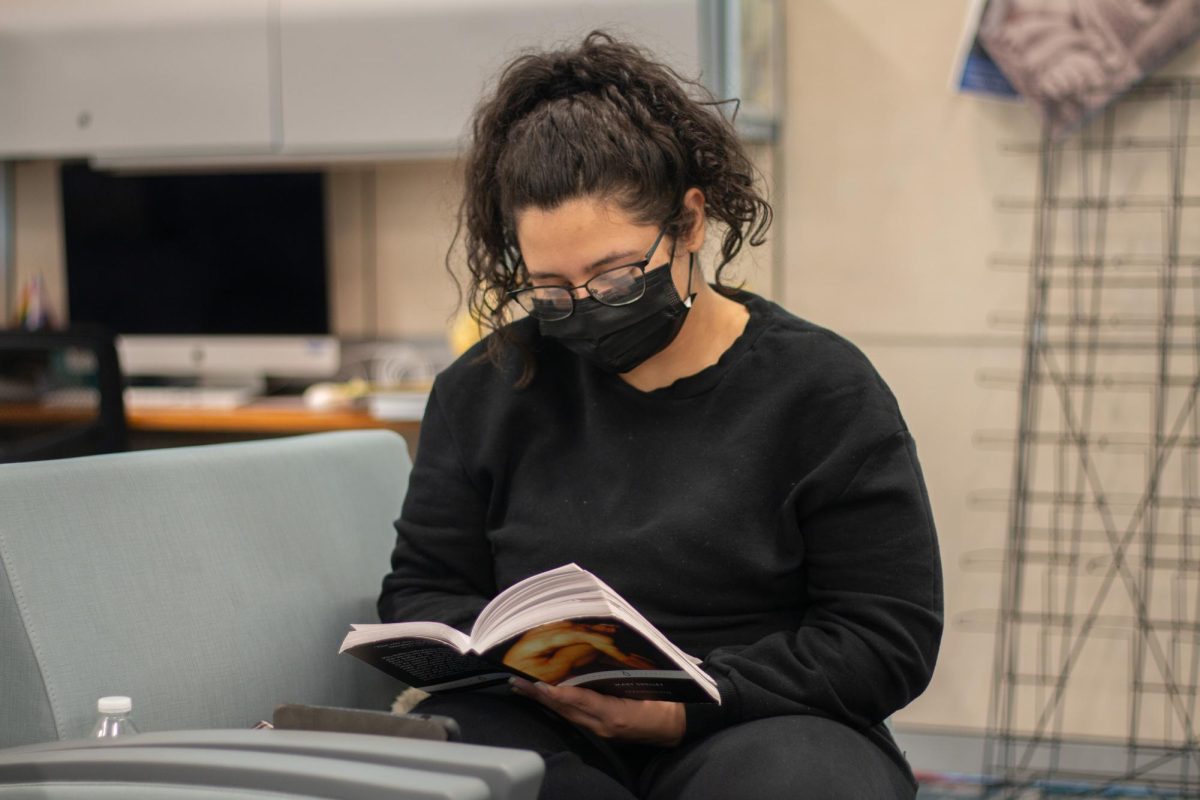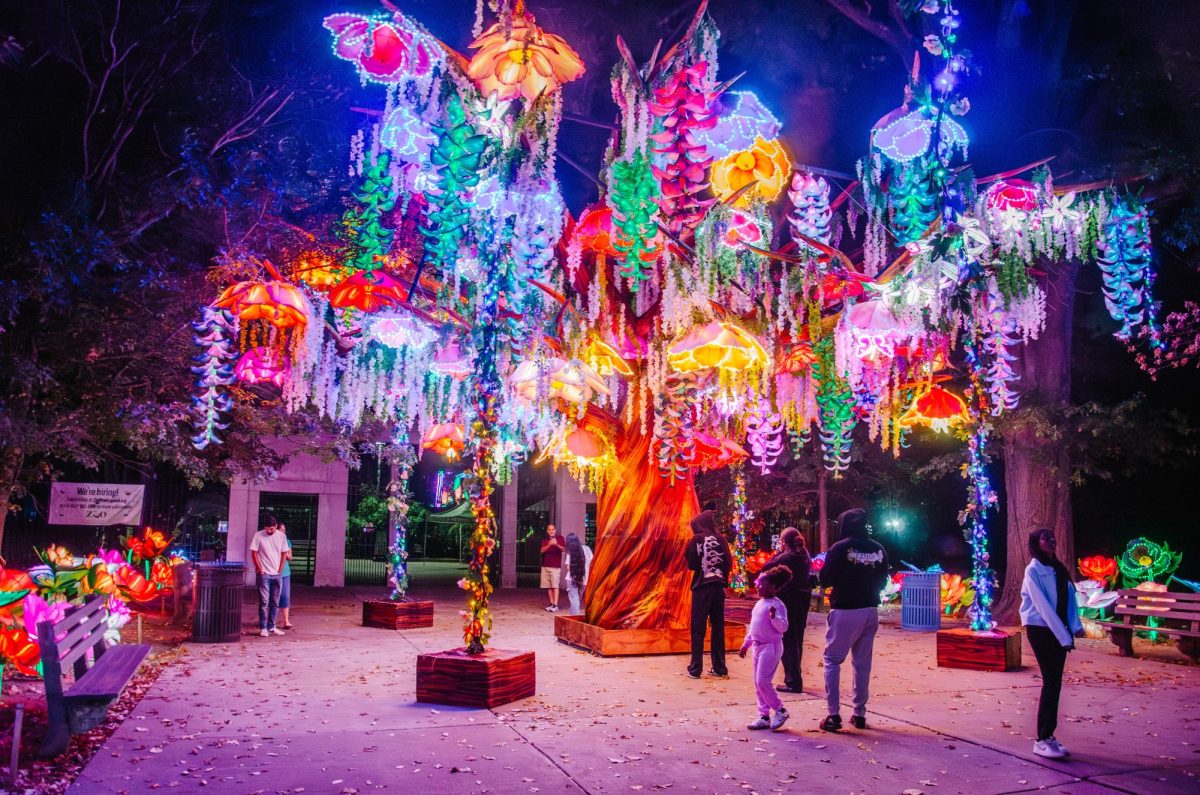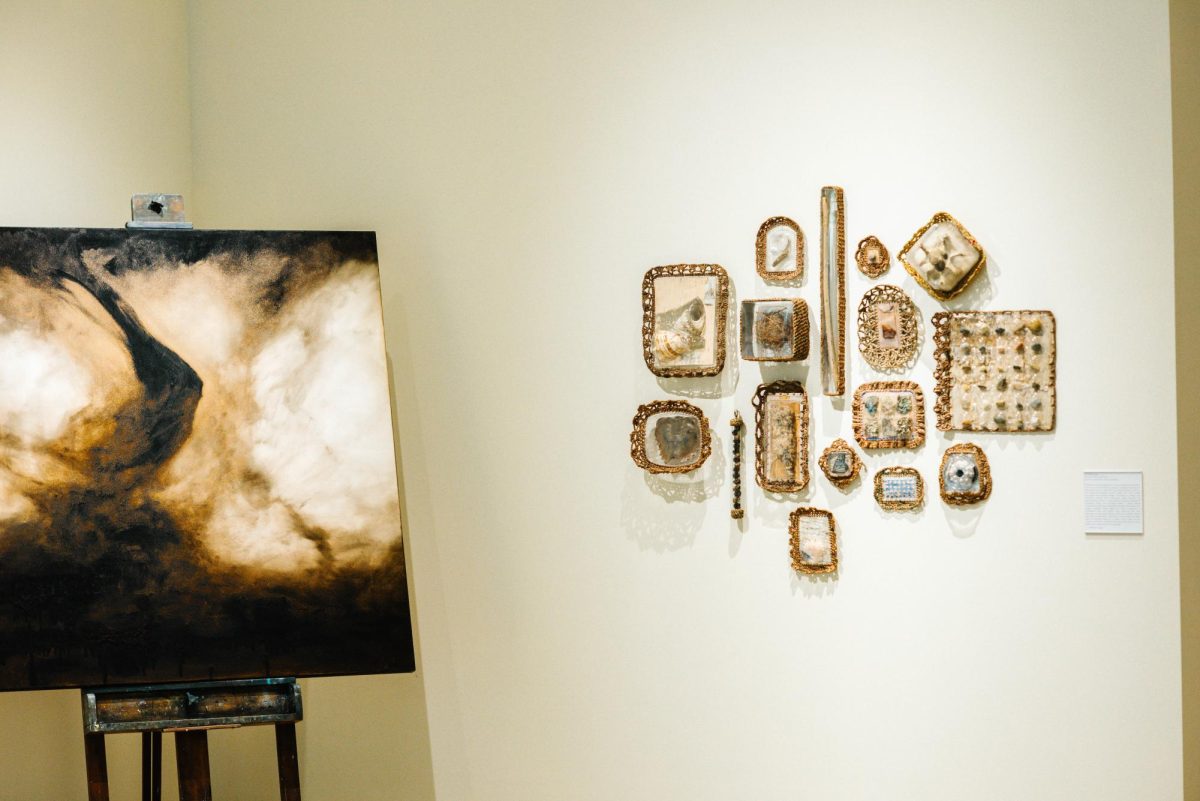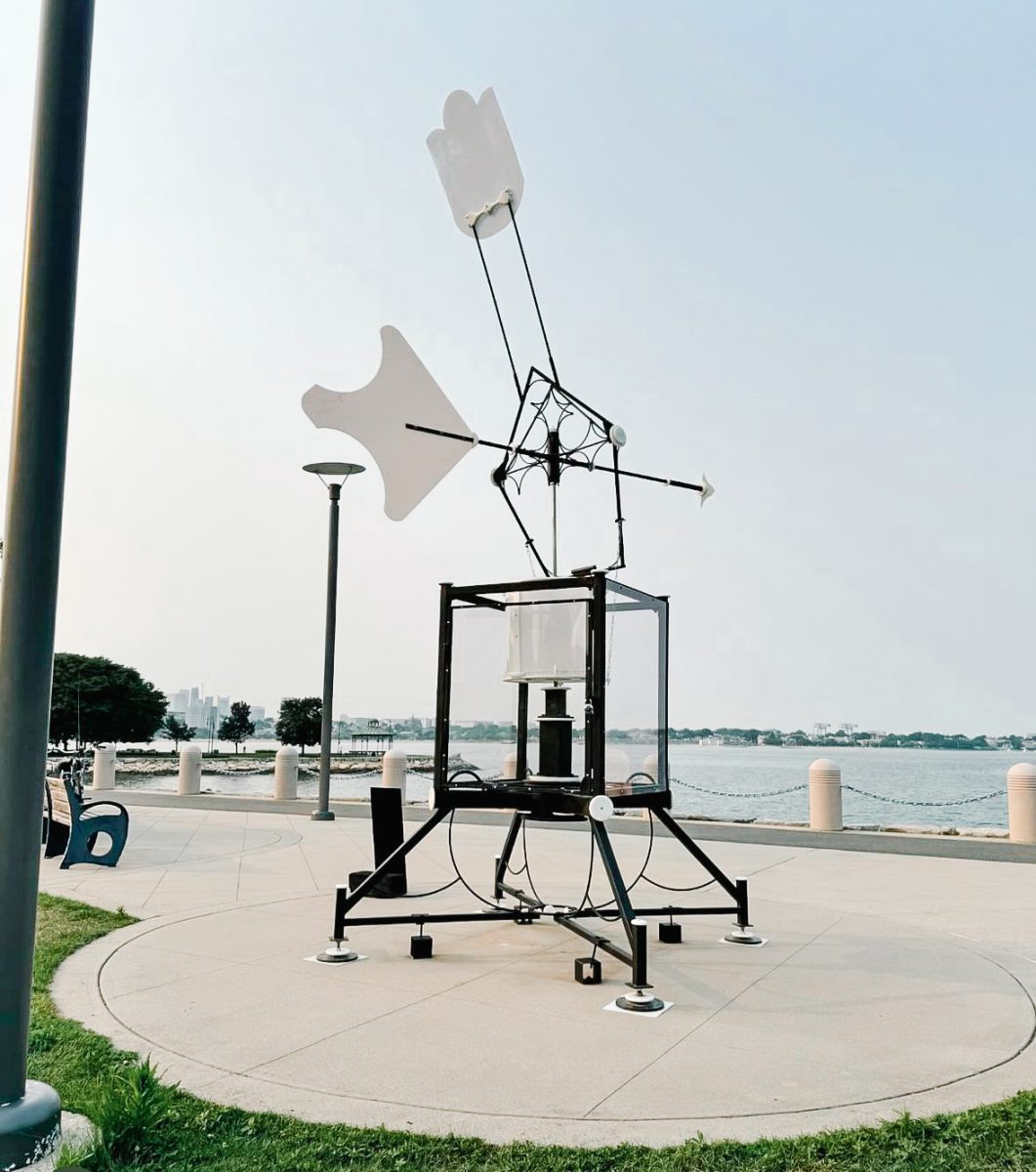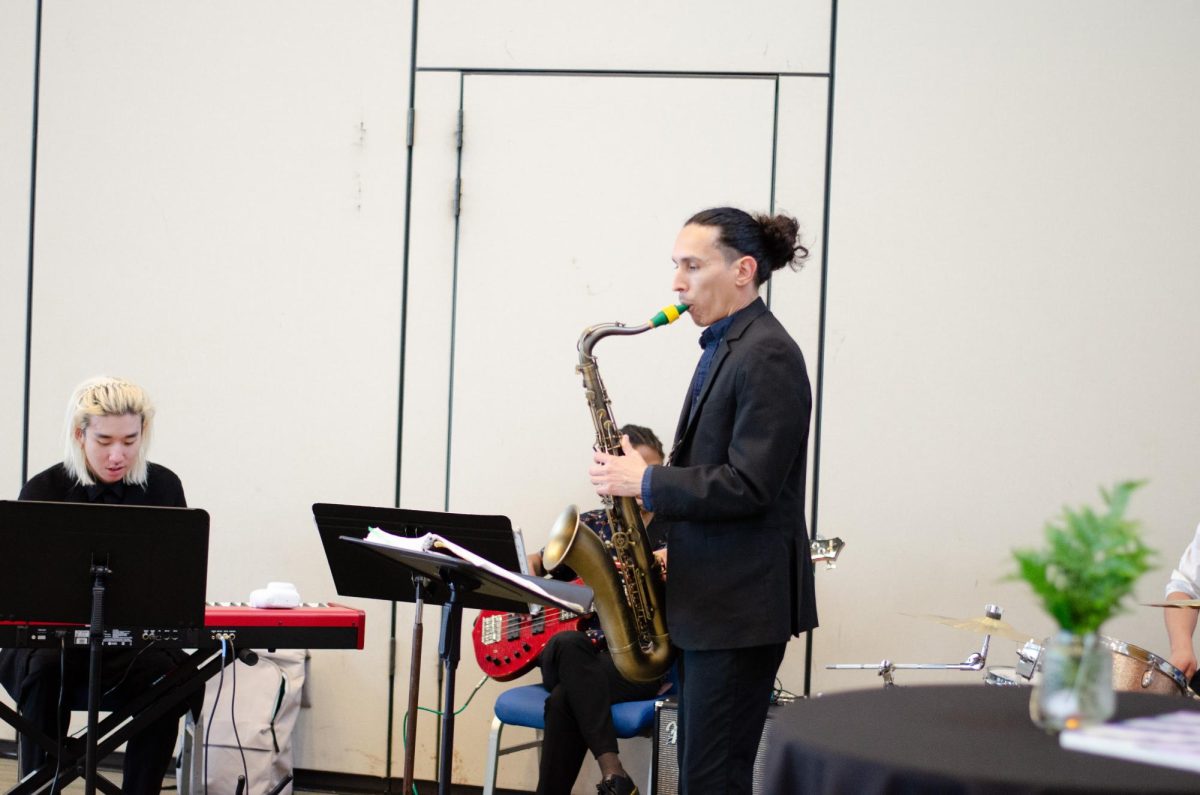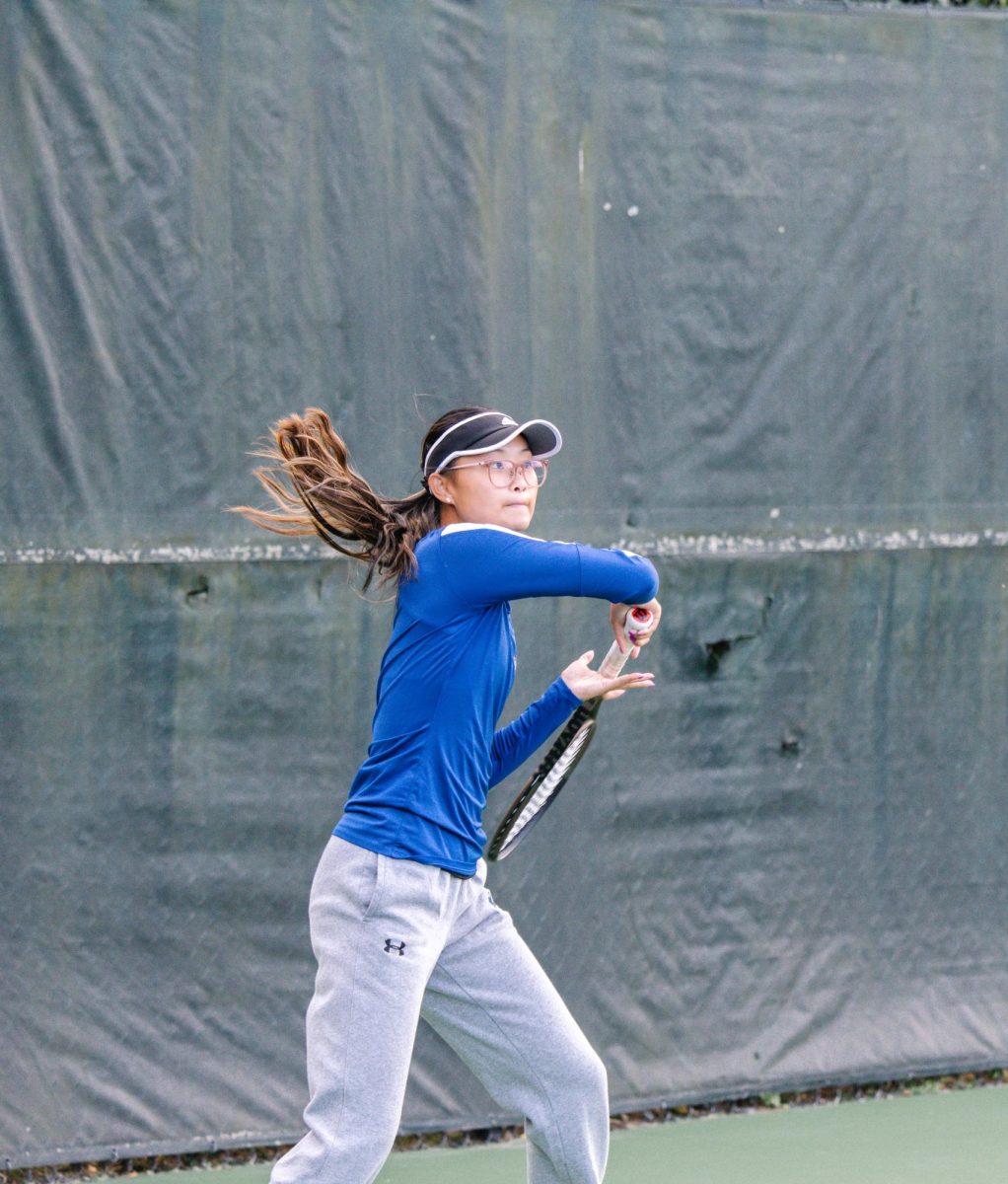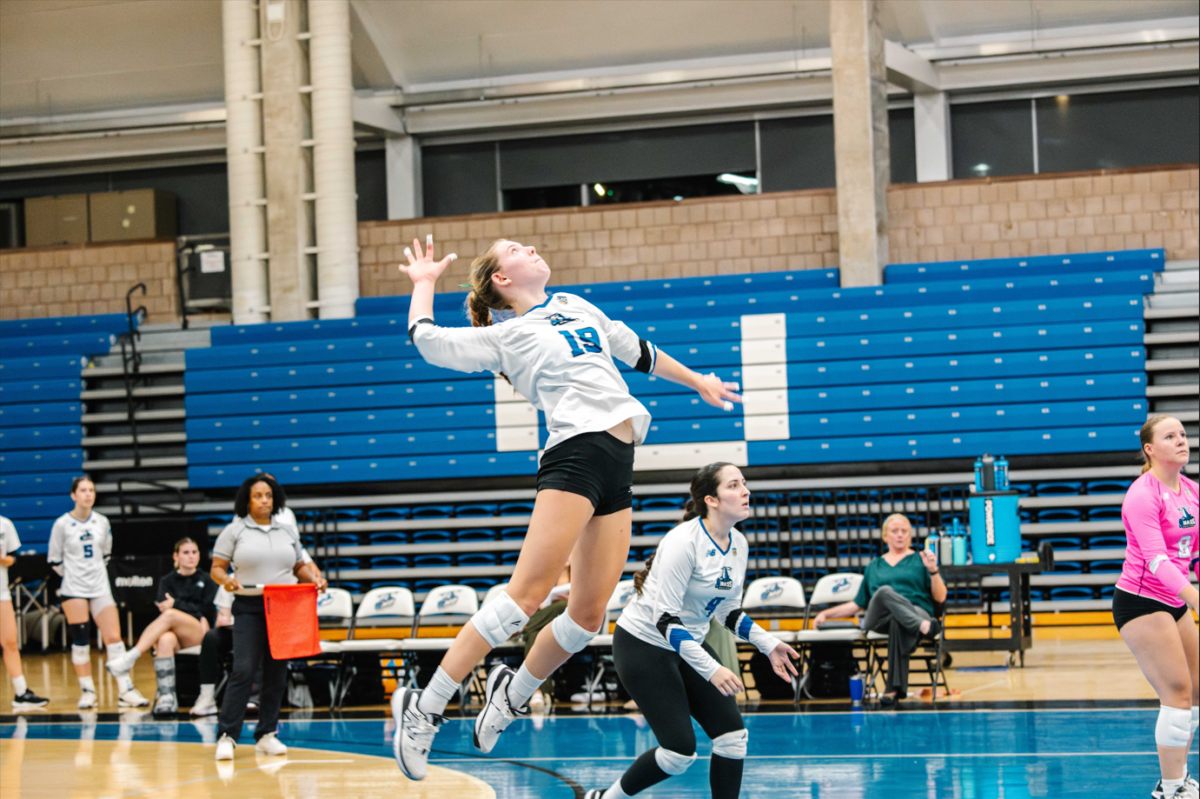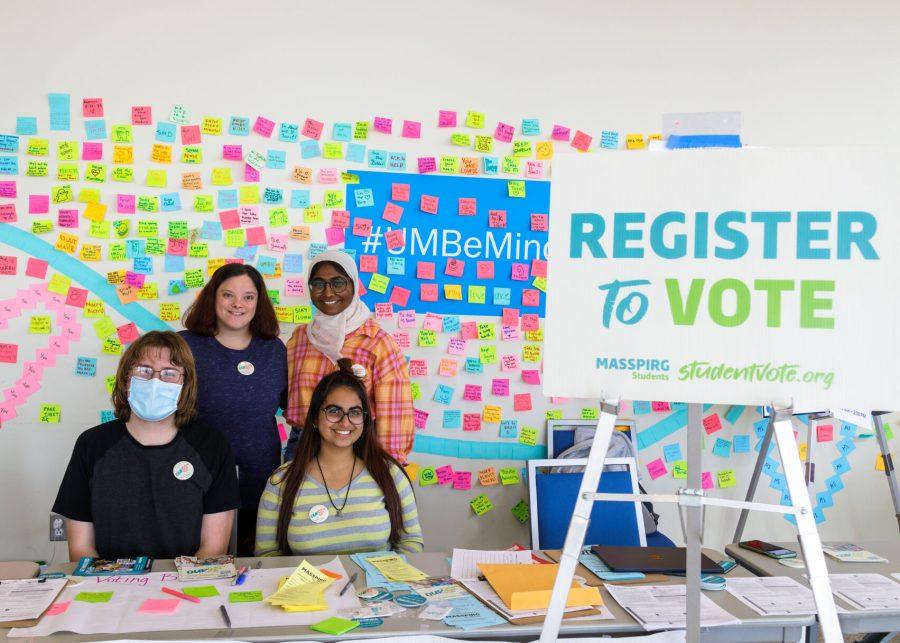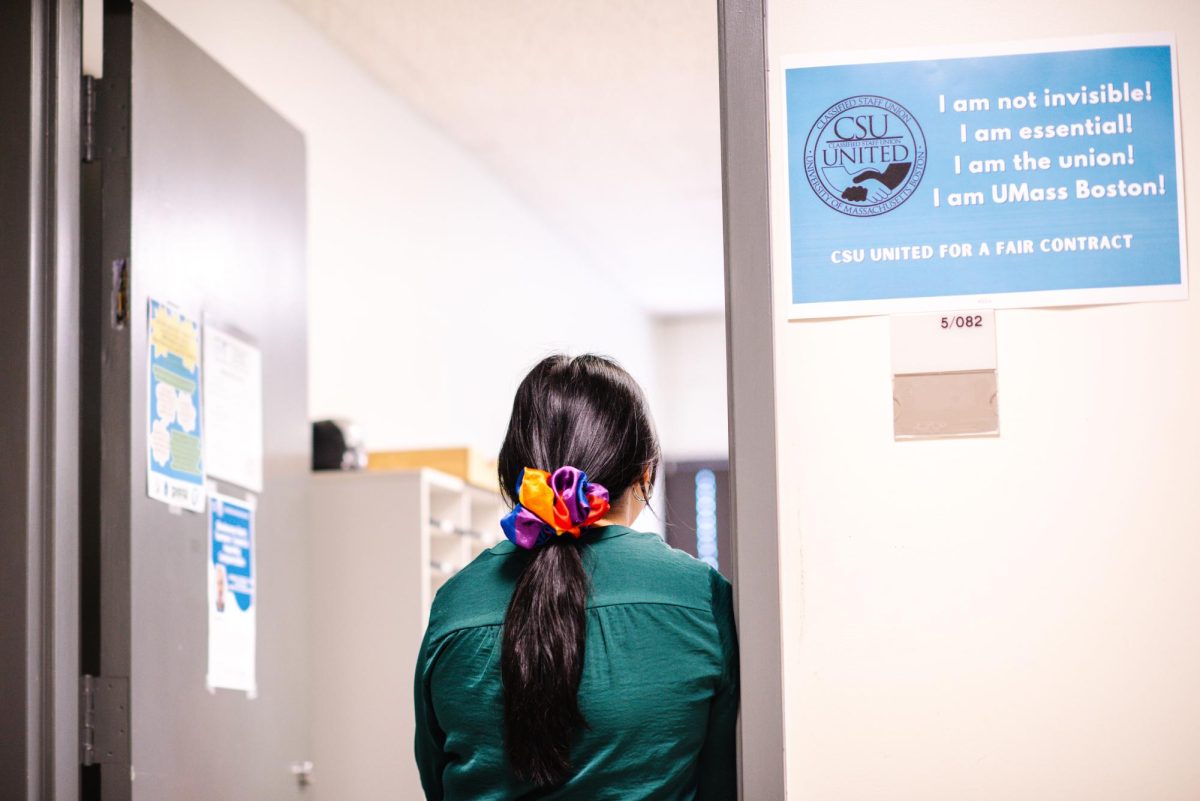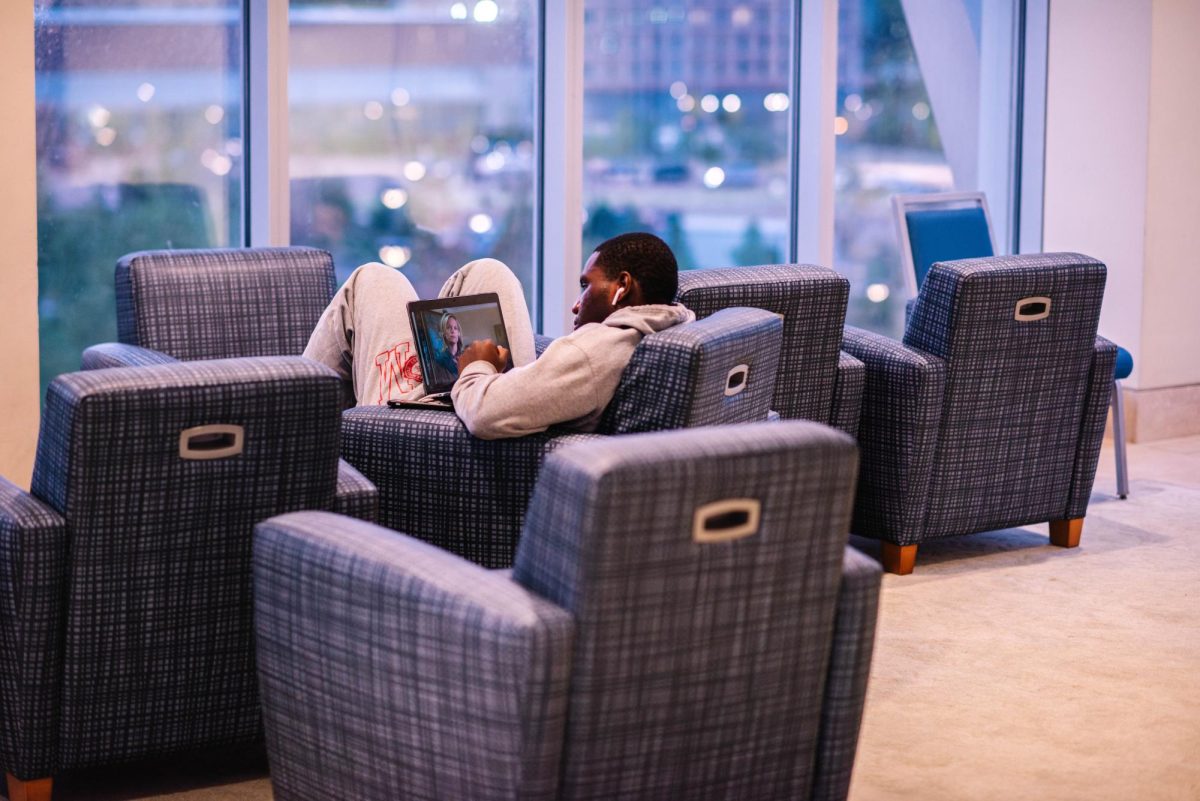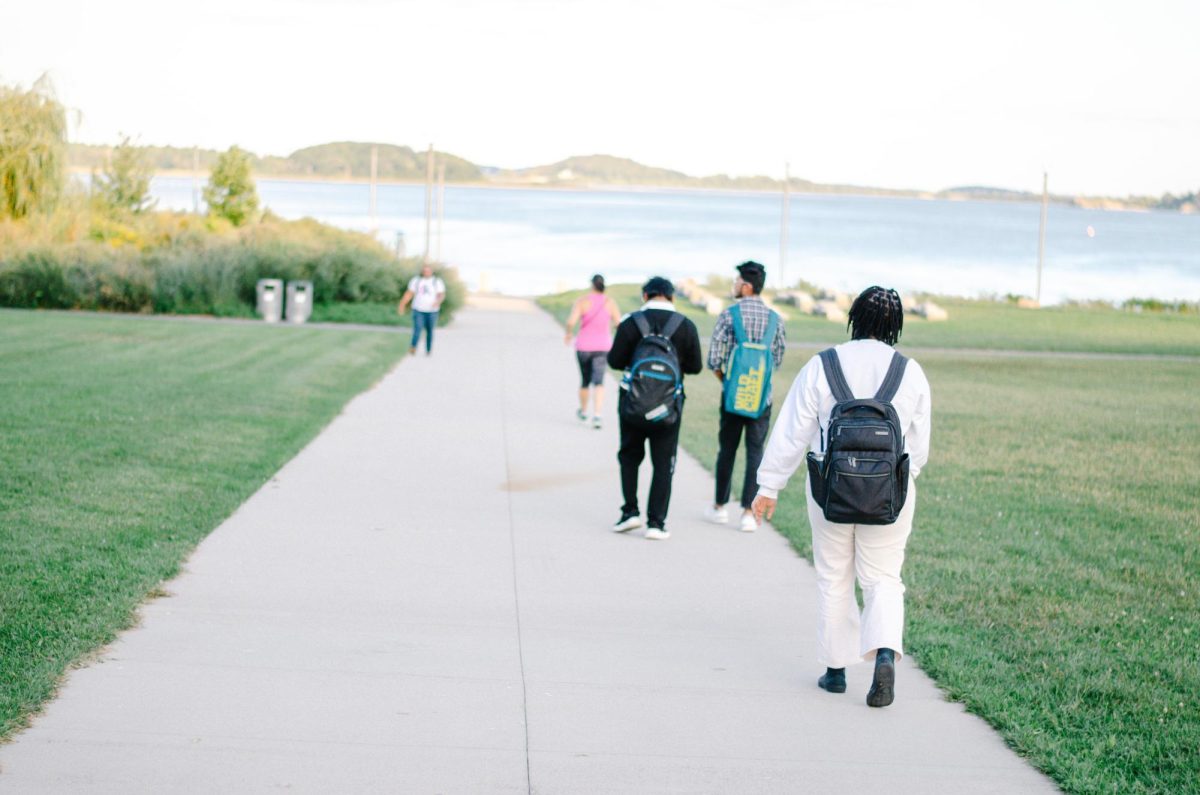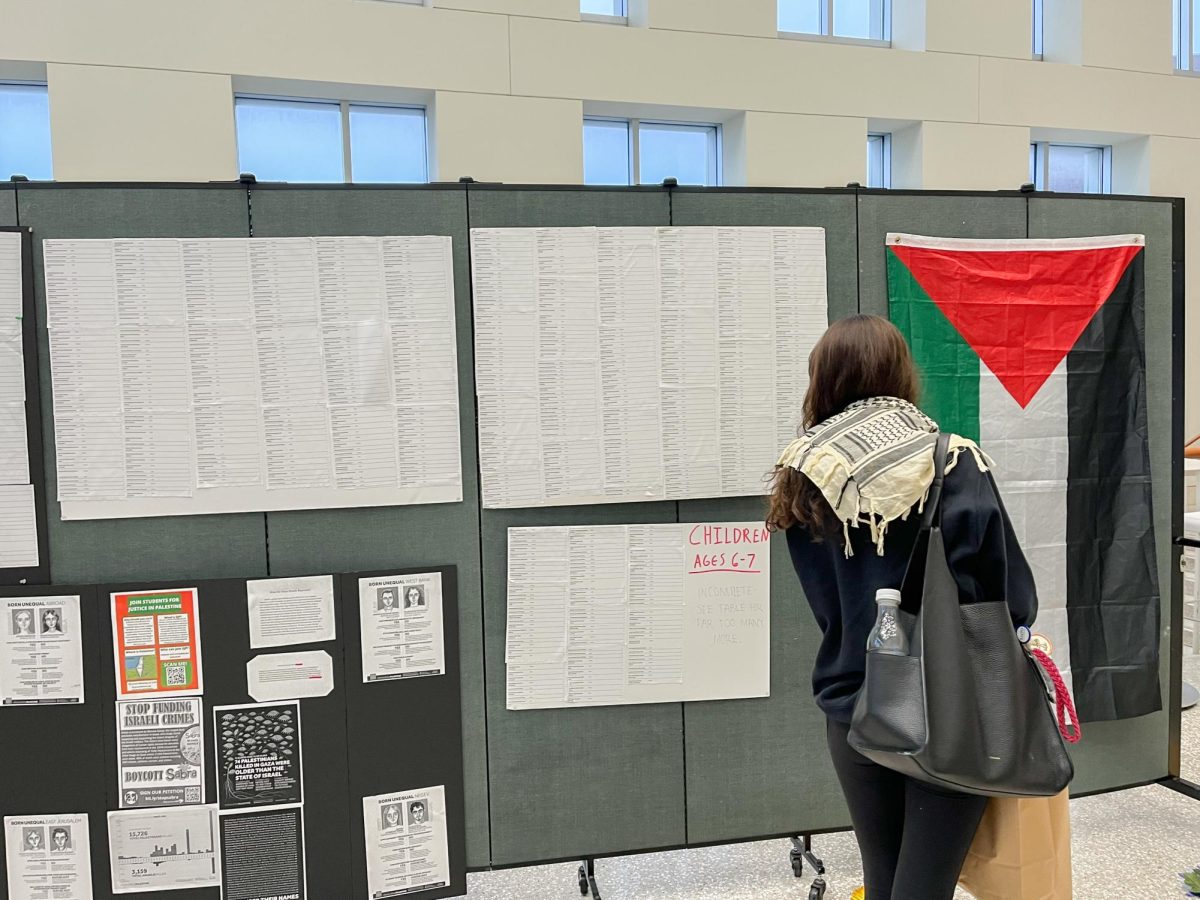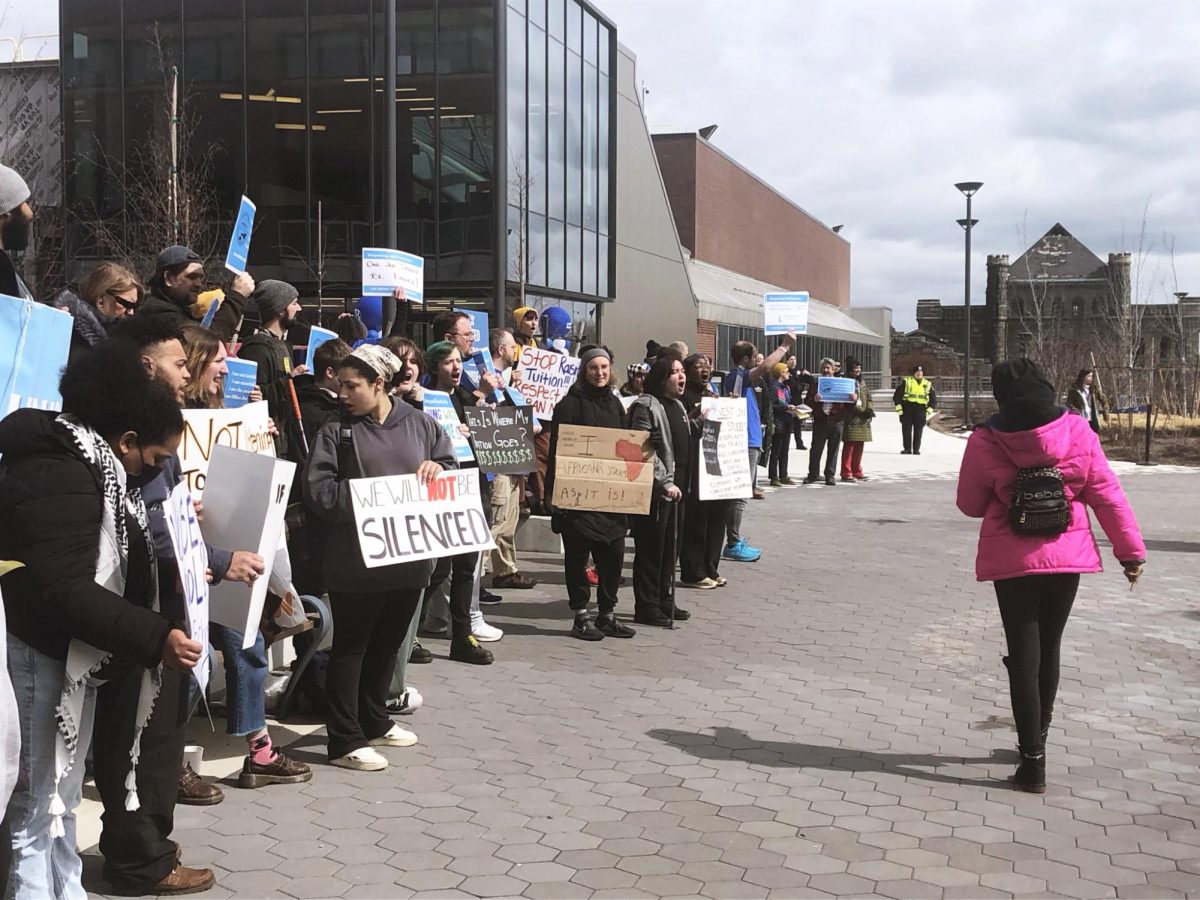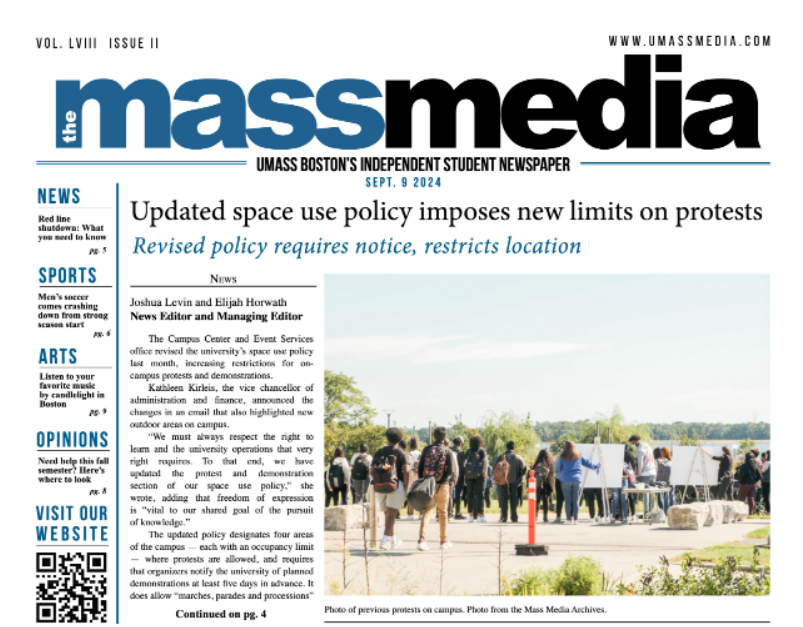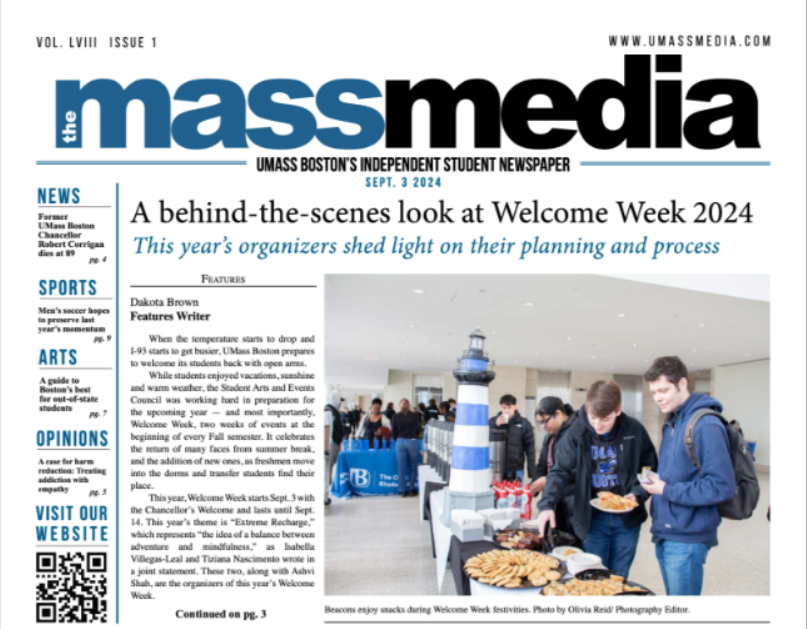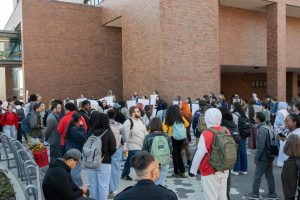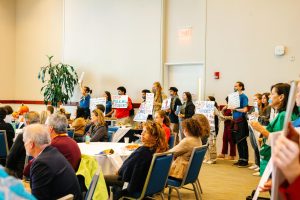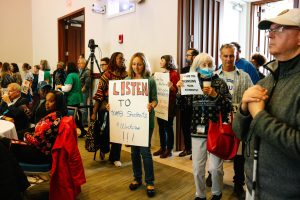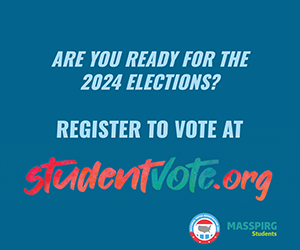Graduate Student News
October 17, 2001
Congratulations to Srivinas Rao, who was elected president of the UMass Boston Graduate Student Assembly (GSA), at the October 11 GSA meeting. Rao is a master’s degree candidate in the Computer Science Program. He has served as member of the GSA’s Spayne/Bollinger Research Grant Committee, the Graduate Research Conference Committee and is also the GSA representative to the UMB Faculty Council. A native of New Delhi, India, Rao works as a graduate assistant in the International Student Services program.
“I plan to put the GSA on the map at UMB,” declared Rao. “I want all graduate students to know about the GSA and to take advantage of our programs. We are for the students and should be giving their fee money back to them.”
Congratulations are also in order for Shino Ito, who was elected GSA secretary. Dimitris Liarokapis was appointed to represent the GSA in the Graduate Employee Organization and Maureen Febiger was seated as a GSA member.
A committee was formed to explore ways in which GSA carry-over funds might be allocated. Members of this committee are Jason Kim, David Prugh and Tom Menino.
The next meeting of the GSA will be on Thursday, October 25, from 4:00-6:00pm in the Wheatley Student Lounge. All graduate students are invited to attend.
RECOGNIZED PROFESSIONAL ASSOCIATIONS: The following Recognized Professional Associations will be activated by the GSA (providing the RPA completes the appropriate paper work training with Student Life) for the academic year. The CCT Forum (Laura McGovern, president), Association of Health Policy Scholars (Dorothy Brewin, president), Taiwanese Students Association (Jiun-Wei-Wu, president), American Studies Roundtable (Shauna Manning, president), Rehabilitation Counseling (Kelli Collomb, president), Mental Health Counseling Club (Jill Balboni-Welch, president), Clinical Grad Student Association (Kristalyn Salters, president), School Psychology Club (Leanne Kaplan, president), Second Saturday Educator Network (Lula Guilbert, president), MBA Association (Vanessa Wong, president), The ECOS Association (Greg Banks, president), Grad Biology Club (Jennifer Forman, president), PASSAGE (Sophia Kim, president) and International Affairs Association (Kelly Tobin, president).
RPA’s receive $300 if they activate in the fall term. Once approved and activated, RPA’s can submit proposals for additional funds to host or attend special events. All RPA’s are open to all graduate students.
GRADUATE STUDENT RESEARCH CONFERENCE: The GSA has appointed a committee to oversee the 2002 Graduate Student Research Conference. The chair of the committee is Ryan Dorland. Assisting him will be Jason Kim and Rikke Siersback.
The conference will be held in early April of 2002. It is a day-long event with poster sessions, roundtables, workshops, featured speakers and a luncheon. The purpose of the conference is to showcase the research efforts of graduate students across all disciplines and programs at UMass Boston and to provide an appropriate forum for students to share their work and exchange ideas and hypothesize with each other as well as with the rest of the UMB community.
All sessions are interdisciplinary, in tune with the overall focus of the university’s graduate programs. All presentations will be in the form of posters. Posters may be either completed research, work in progress, or simply share hypotheses or ideas in the making. Additional sessions in the form of roundtables and workshops are held throughout the day of the conference. The themes of the roundtables will reflect the subject areas of abstracts submitted. Workshops will be interactive and geared toward acquiring useful skills students require through the course of their graduate research and beyond. For example, grant proposal development, funding sources for research, writing a dissertation, how to get published, etc.
For further information about the Graduate Research Conference, log on to the GSA web site at http://omega.cc.umb.edu/~gsa or call the GSA office at (617)287-7975.
TALES FROM THE GRAD SCHOOL FRONT: Tips for graduate students applying for grants from Kathleen Carmichael, PhD: “Once you start to write, demonstrate familiarity with your field. Know the buzzwords and hot topics of your field, and point out how your proposed project is innovative yet relevant to current concerns. Doing this part of your grant preparation has the side benefit of strengthening your knowledge of your field as well as advancing your thinking on the project itself.
If you’ve received other grants in the past, use them as collateral for your present application. Nothing succeeds like success, so use your past grants as proof of your likelihood of future achievement. You can also mention the possibility of combining grants for a single project.
Last but not least: keep it short. Running over length is a good way to lose a grant committee’s interest. Bear in mind the time constraints the committee is facing, and demonstrate your respect for their time by producing a brief, concise proposal.”
DISPELLING GRADUATE EDUCATION MYTHS: (From Linda I. Wells, Education Consultant) Myth – “Graduate school does not pay.” Fact – “The decision to pursue graduate studies is usually not made solely on the basis of increased starting salaries. However, a case can be made on the differences in earnings over a lifetime. On average, the median monthly salary of a master’s graduate (1995 stats) is $600 more than a baccalaureate graduate, and the median salary of a doctoral graduate is $41,500 more than a baccalaureate graduate. Beyond salary considerations, some other reasons for attending graduate school are to add breadth and depth to one’s academic background, to specialize in a particular area of interest and to gain critical research techniques and writing skills germane to careering.”

